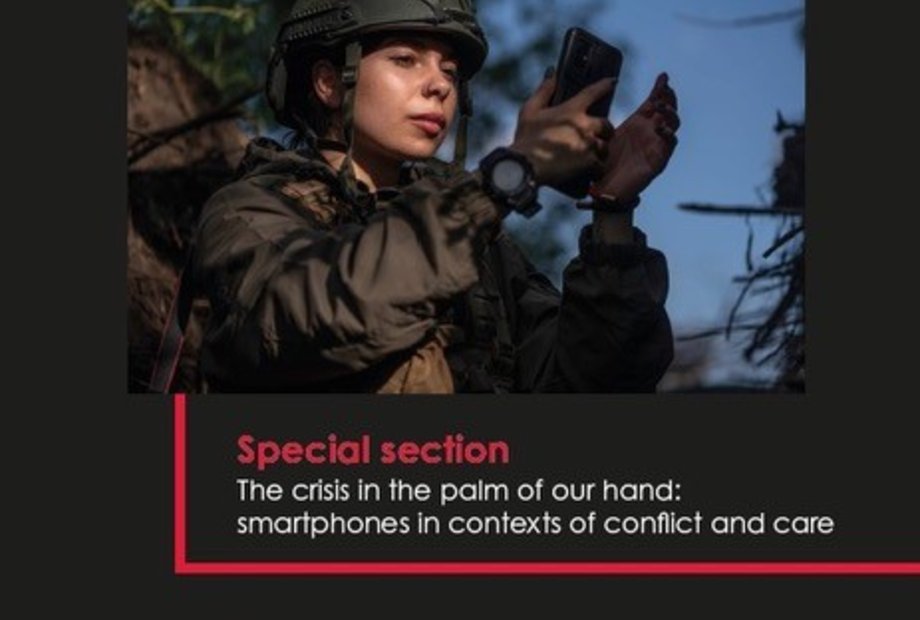A sovereign state without a national territory, which exists only in the metaverse: what sounds like science fiction could be an important last resort for small island states in their fight against the climate crisis. When the government of Tuvalu presented its proposal for a "digital Tuvalu" at the UN climate summit in Sharm El-Sheikh in November 2022, it was widely criticized. Too strongly does the concept of a digital state deviate from prevailing norms of international law; too drastically does such a model's international implications appear.
In a new article, a team of authors led by IFSH researcher Dr Delf Rothe examines the consequences a virtual Tuvalu would have for international politics. The article shows how Tuvaluan actors link the idea of a virtual state with indigenous concepts of sovereignty. Although this would not save the territory, it could save the culture and independence of the island state, which is threatened by rising sea levels. The authors conclude that at the heart of Tuvalu's initiative is the desire to preserve its own indigenous identity and regain agency in the face of the accelerating climate crisis. The article is part of the special issue "The crisis in the palm of our hand: smartphones in contexts of conflict and care", which examines the role of digital technologies in conflicts and humanitarian crises.
The article is available in open access here.
Delf Rothe, Ingrid Boas, Carol Farbotko, Taukiei Kitara: Digital Tuvalu: state sovereignty in a world of climate loss,
International Affairs, Volume 100, Issue 4, July 2024, Pages 1491–1509, https://doi.org/10.1093/ia/iiae060





